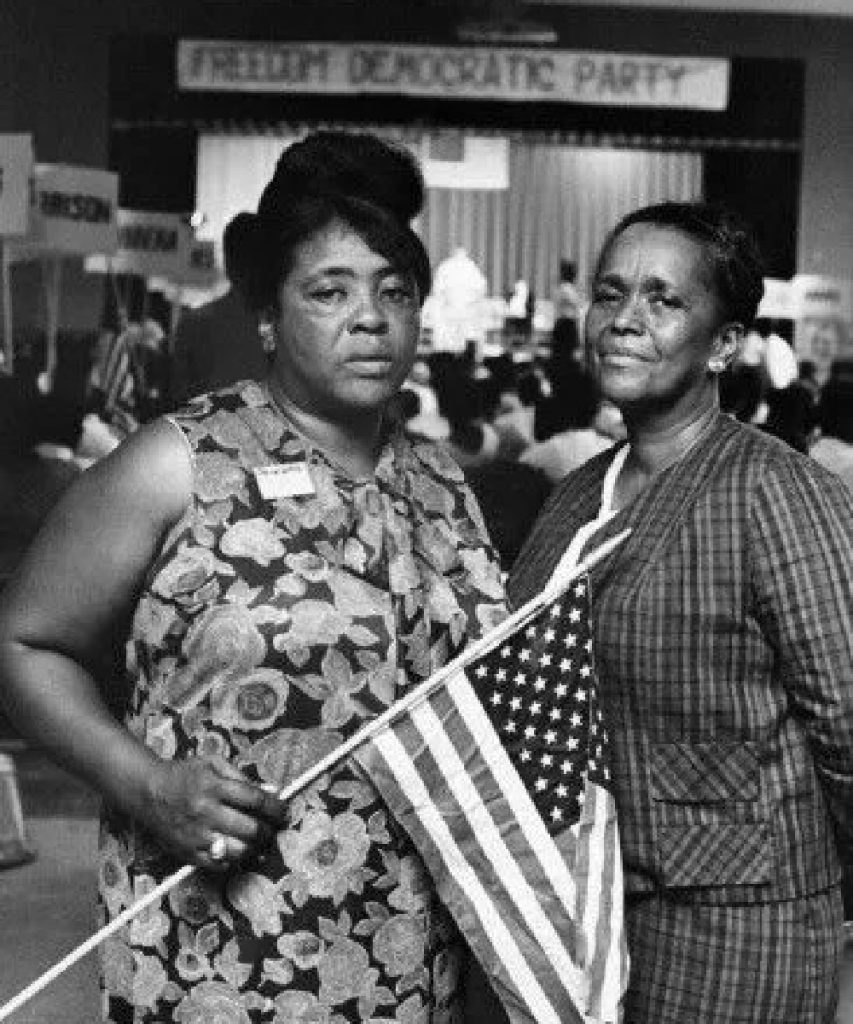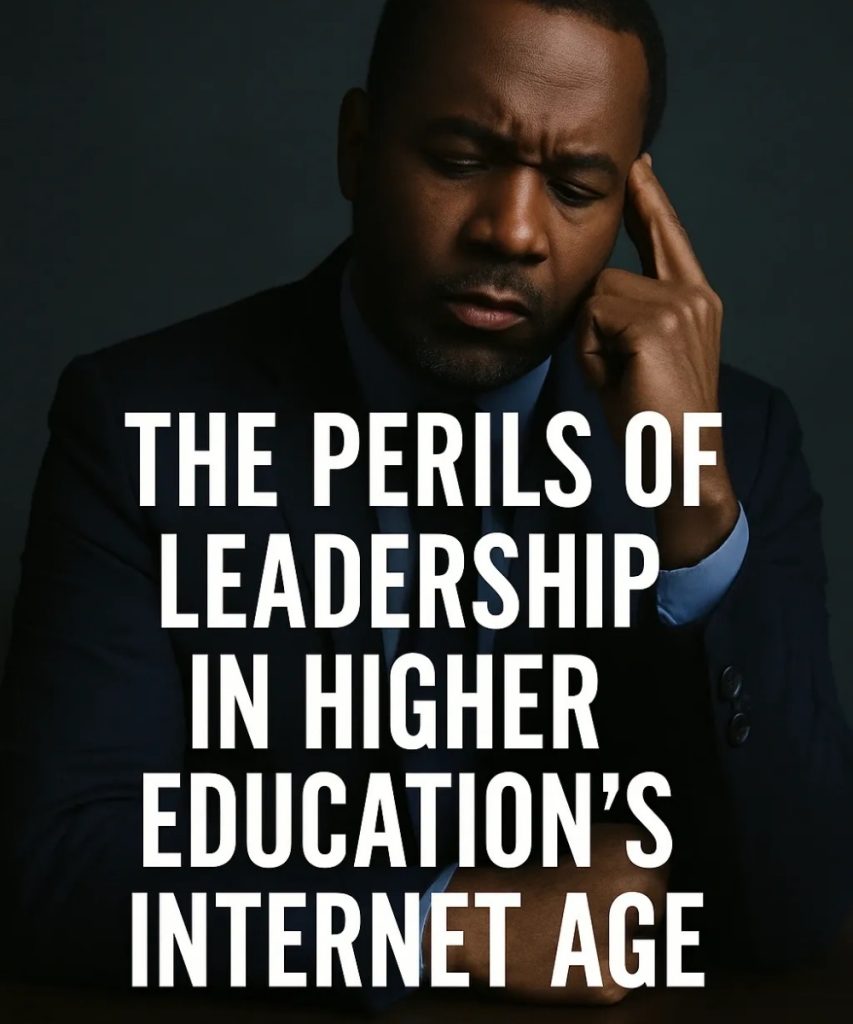In the American story, there are those whose names are written in bold and those whose hands built the very lines we read from. Black women have long been the latter. They are the unseen architects of movements, the quiet strategists behind victories, and the nurturers of hope during the darkest times. They are, in every sense, the concrete that holds the foundation to the house.
Too often, their brilliance is hidden behind the scenes. Their sacrifices are expected but not honored. Yet, without their labor, leadership, and love, our families, institutions, and justice movements would not stand. Their significance is equal to, and often greater than, that of their more publicly visible male counterparts.
Black women lead not only from podiums but from kitchen tables, classrooms, and churches. They hold communities together through care, innovation, and the cultivation of safe spaces. Their leadership is intergenerational and deeply relational. It is often quiet, but never passive.
I have seen this firsthand in my own family. My mother raised twelve children while holding together a family of fourteen with steadfast grace. Her power came from my grandmother and great-grandmother, both of whom shaped our community through wisdom and resilience. These women did not seek titles, but they were leaders in every way that matters.
This tradition of leadership is echoed in women like Ella Baker, who insisted that strong people do not need strong leaders but need space to lead themselves. She was a behind-the-scenes strategist who helped shape the Student Nonviolent Coordinating Committee and mentored countless young activists. Baker’s radical commitment to participatory democracy reshaped the civil rights movement. Her brilliance reminds us that leadership is often collective and community-rooted.
Fannie Lou Hamer, a sharecropper turned freedom fighter, demanded to be heard at the 1964 Democratic National Convention. She questioned how the nation could call itself free while silencing Black voices like hers. Hamer endured beatings, arrests, and intimidation to register Black voters and speak truth to power. Her resilience helped redefine what courage looks like in American democracy.
Audre Lorde, a poet and theorist, expanded the boundaries of liberation by insisting that race, gender, sexuality, and class cannot be separated. Her writing gave voice to those at the margins and inspired a generation of Black feminists and queer theorists. Lorde taught that silence does not protect us and that our differences are sources of strength. Her intellectual legacy continues to guide academic discourse and social justice organizing today.
Angela Davis, a scholar and activist, challenged the prison industrial complex, patriarchal structures, and racial capitalism. Her advocacy for prison abolition and liberation politics redefined leftist movements in the United States and beyond. Davis has never wavered in her commitment to intersectional justice and collective action. She remains a vital voice in conversations about freedom, reform, and resistance.
bell hooks transformed how we understand love, justice, and education. Her writing speaks to the emotional and intellectual lives of Black people and others who live at the intersections of oppression. hooks believed love could be a revolutionary force when rooted in accountability and care. Her teachings live on in classrooms, communities, and movements.
Coretta Scott King stood not only beside Dr. Martin Luther King Jr. but also continued the work after his death with unrelenting focus. She founded the King Center and advocated for civil rights, women’s rights, LGBTQ+ inclusion, and global peace. Her life embodied grace, strategy, and visionary leadership. Coretta’s enduring influence reminds us that mourning and movement can coexist.
Michelle Obama modeled excellence, empathy, and advocacy on a global stage. Her initiatives around education, health, and equity impacted millions of lives. She redefined what it means to lead from the White House while maintaining deep connection to community. Her presence inspired a new generation of young Black women to lead without apology.
Kamala Harris shattered ceilings by becoming the first woman, first Black person, and first South Asian to serve as Vice President of the United States. Her election signaled both change and responsibility. Harris has championed civil rights, economic inclusion, and public health reform. She represents both historical progress and the work still left to do.
Today’s leaders are continuing that legacy in real and tangible ways. Rickelle Williams is advancing responsive governance as a city manager. Dr. Nadine Hankerson is building stronger futures through educational leadership. Carvelle Estriplet empowers culture and community through creative expression and advocacy.
Pastor LaKeisha Green merges spiritual practice with social responsibility. She leads with compassion, conviction, and vision for justice rooted in faith. LaTonya Hopson, founder of The Legacy Builders, has created a platform that honors and elevates Black women’s voices and achievements. Her leadership ensures that these stories are celebrated and sustained.
These women are not outliers. They are part of a continuum of leadership that extends across generations and geographies. Their influence is felt in schools, city halls, churches, homes, and organizing spaces. Their power is in the daily work of holding communities together.
On April 26, they will be celebrated at The Legacy, Liberation, and Love of Black Women in Wilton Manors, Florida. This gathering is more than an event, it is an affirmation. It honors those who lead without headlines but whose impact reverberates across time. Celebrating Black women must be more than symbolic; it must be structural, sustained, and unapologetic.
To honor Black women is to commit to telling the full truth about our society. It is to restructure our institutions to reflect their wisdom, labor, and vision. Without Black women, there is no movement, no community, no hope for justice. They are, and have always been, the foundation.




